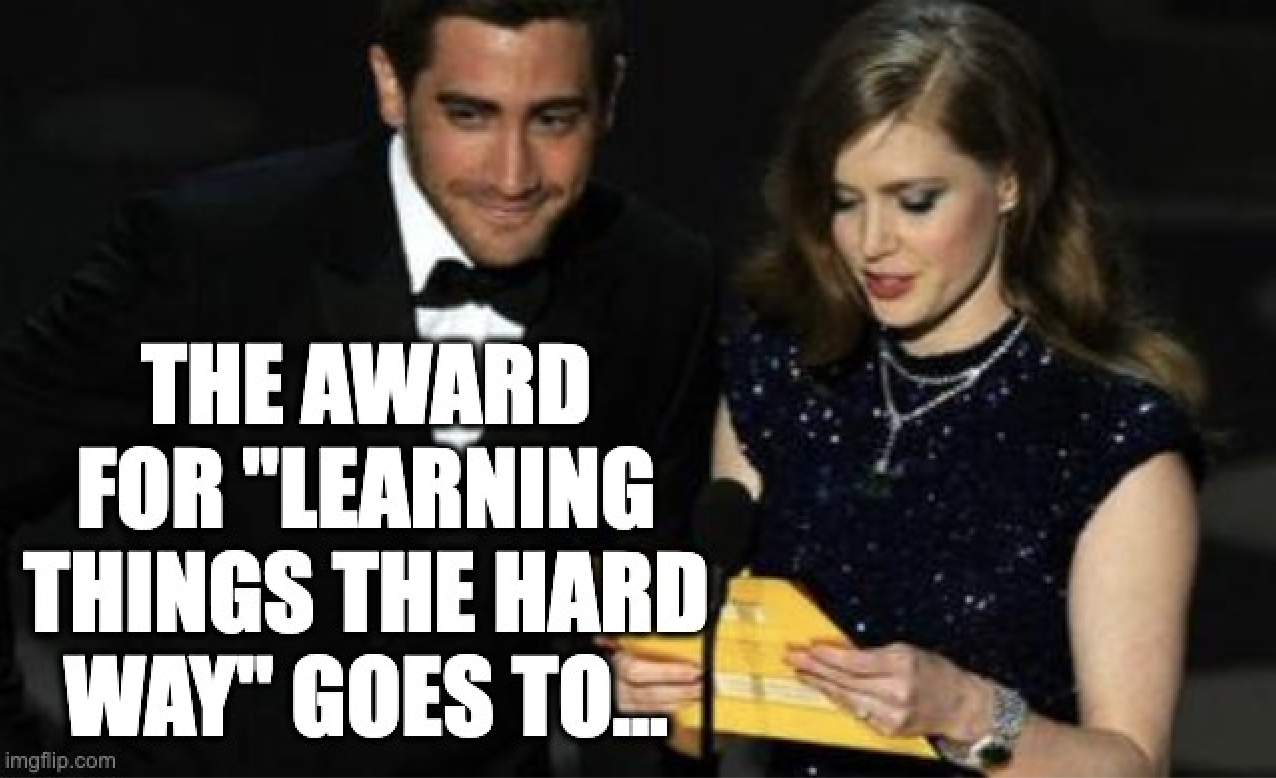I remember the first time I realized I was interacting with a chatbot customer service agent, rather than a real one. It took a while to figure it out, because many phone/utilities companies outsource their customer service to folks in developing countries, and agents often work from a script – in other words, scripted language and occasional circular misunderstandings didn’t raise red flags, at first.
Not too long ago, AI-supported blogging popped up, and I thought, of course! Blogs had (for the most part) already lost any real meaning, just a filler of space so you keep scrolling through interspersed ad content while you look for the hidden nugget. Does anybody read the preamble before a recipe?
When I first heard AI-generated songs, they sounded a lot like the auto-tuned earworm formulas on the radio. Give the people what they want to hear… much like crafting my resume to match the keywords in each job description.
So now my PBL group is talking about online reputation. Now, we must consider the potentially eternally searchable identity breadcrumbs we leave on the internet. I want to make sure that anything that is publicly searchable shows my best side. I should also be careful not to post jokes or anything that might be taken out of context or misunderstood in the future. And of course the moral compass of the future will be different, so I’ll keep all content positive and bland to avoid eventual controversy.
Citing Davis and Jurgenson (2014), Quintas-Mendez and Paiva speak of context collapsing – “the merging of multiple social settings in the same online space”. Imagine: you’re out at a pub with some work pals and you run into a group of old friends from high school. The high school crew calls you by a nickname you earned in grade 8, something that sounds jeuvenile and inappropriate suddenly. A couple of your work pals are carrying designer handbags, which embarasses you in the face of your vintage-loving past. You start to feel stressed, as your social standing in each group feels threatened. Online, this can happen anytime. As Quintas-Mendez and Paiva discuss, there are various approaches to managing your online selves, from a strictly compartmentalized strategy to a more fluid style.
I wonder how much of this is just the unfortunate growing pains of an evolving internet and the people who use it, who change more slowly. Still, I worry about the ways these technologies have colonized our minds. I listened to a podcast episode recently that still has me reeling: Is there a sane way to use the internet? It hit on the ways that the tools and platforms we use change the way we think and behave in the world, and it got me thinking more about how I can use the internet consciously and carefully.
Note: the image used for this post was AI-generated on Canva, with the prompt: “evil internet colonizes our minds”

